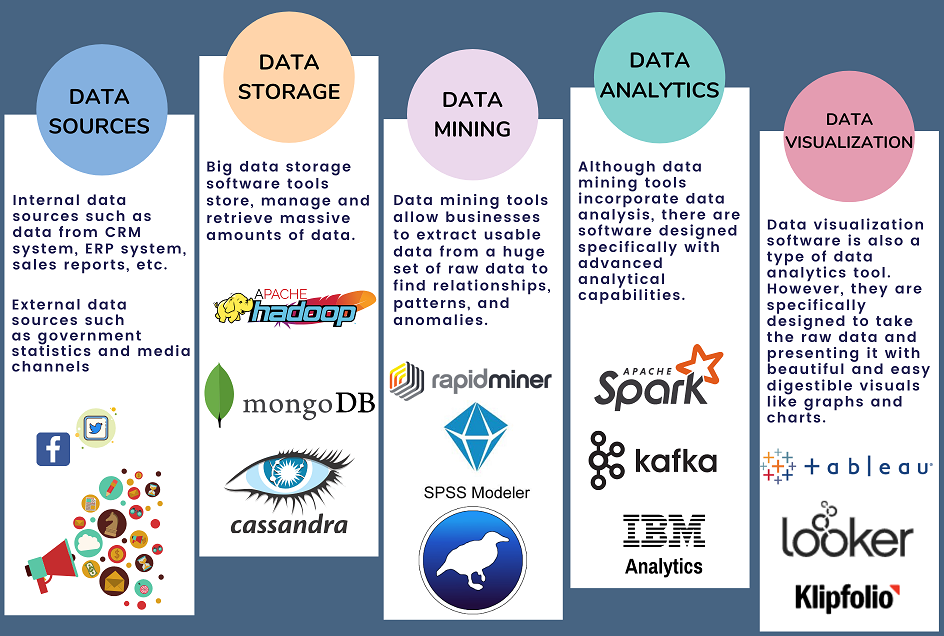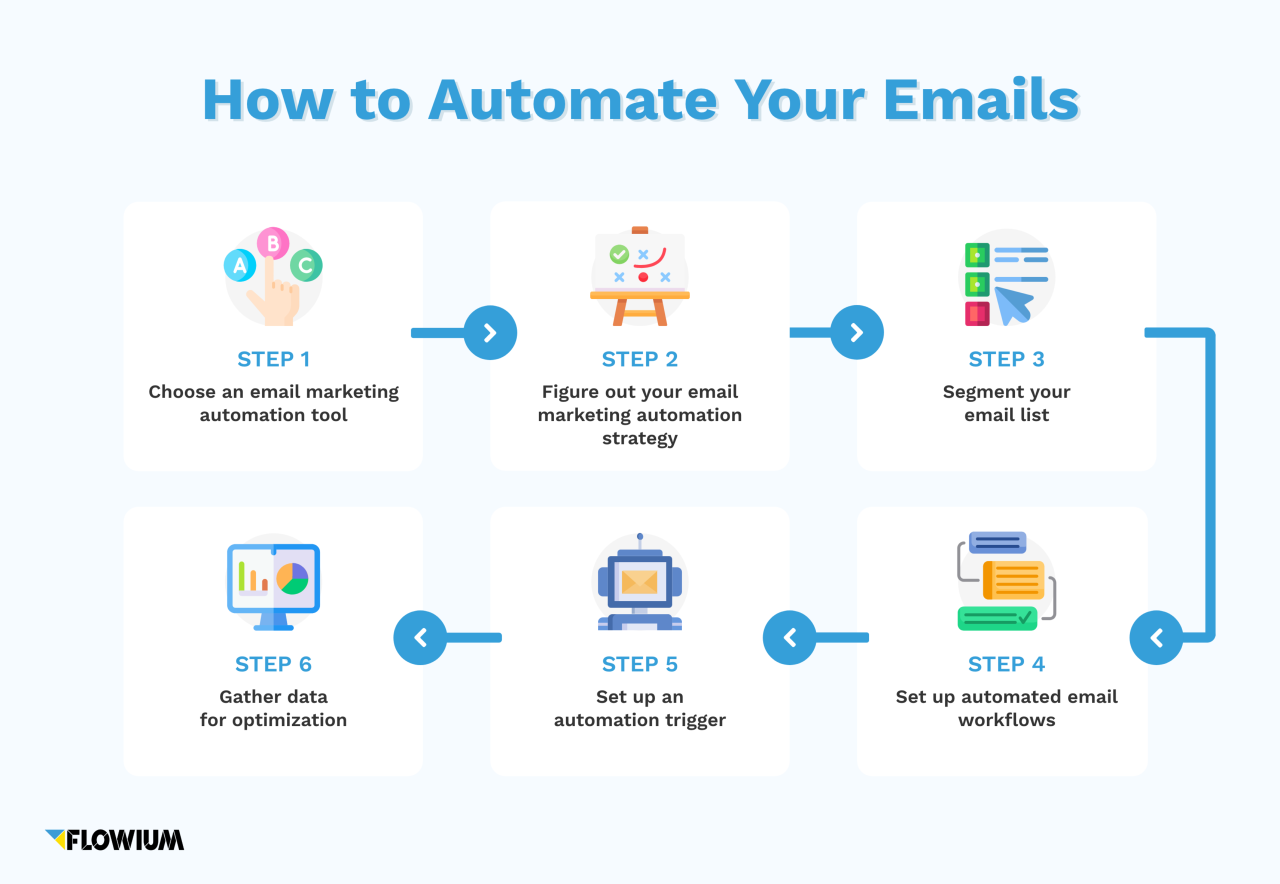Big Data Storage Solutions

Big data storage solutions set the stage for this enthralling narrative, offering readers a glimpse into a story that is rich in detail and brimming with originality from the outset. In today’s data-driven world, the need for efficient storage solutions has never been more critical.
As organizations grapple with massive volumes of data, they face challenges that require innovative storage approaches to enable seamless analytics and decision-making processes. This discussion delves into the intricacies of big data storage solutions, exploring different types, key features, emerging trends, and much more.
Overview of Big Data Storage Solutions
Big data storage solutions are essential components in modern data management, allowing organizations to efficiently store, manage, and analyze vast amounts of data. These solutions play a crucial role in enabling businesses to make informed decisions based on data-driven insights.
Challenges in Data Storage and Management
Organizations face numerous challenges when dealing with large volumes of data, including scalability issues, data security concerns, and the need for real-time access to information. Traditional storage methods are often inadequate to handle the sheer volume and variety of data generated in today’s digital landscape.
- Scalability: Big data storage solutions are designed to scale effortlessly to accommodate growing data volumes without compromising performance.
- Data Security: Ensuring the security and privacy of sensitive data is a top priority for organizations, and big data storage solutions offer advanced security features to protect data from unauthorized access or breaches.
- Real-time Access: Quick access to data is crucial for organizations to make timely decisions, and big data storage solutions provide fast and efficient data retrieval capabilities.
Role of Big Data Storage Solutions in Data Analytics
Big data storage solutions play a critical role in enabling organizations to perform advanced analytics on their data, uncovering valuable insights and patterns that can drive business growth and innovation. By efficiently storing and managing data, these solutions empower businesses to leverage data analytics for strategic decision-making processes.
- Data Processing: Big data storage solutions support the processing of large datasets, enabling organizations to perform complex analytics and machine learning algorithms on their data.
- Data Integration: These solutions facilitate the integration of disparate data sources, allowing organizations to combine structured and unstructured data for comprehensive analysis.
- Data Retention: Big data storage solutions ensure the long-term retention of data, preserving historical information for trend analysis and forecasting.
Types of Big Data Storage Solutions

Big data storage solutions come in various forms, each with its own set of characteristics and capabilities to cater to different data processing needs.
Traditional Databases
Traditional databases are structured storage solutions that excel in handling structured data with defined schemas. They are known for their reliability, consistency, and ACID compliance. However, traditional databases may face challenges in handling unstructured or semi-structured data efficiently. Industries such as finance, healthcare, and telecommunications commonly utilize traditional databases for transaction processing and data management.
Data Lakes
Data lakes are designed to store vast amounts of raw data in its native format, allowing for flexibility and scalability. Unlike traditional databases, data lakes can accommodate both structured and unstructured data, making them ideal for big data analytics and machine learning applications. Industries such as e-commerce, social media, and IoT leverage data lakes to store and analyze large volumes of diverse data for insights and decision-making.
Data Warehouses
Data warehouses are centralized repositories that focus on storing structured data from various sources for analytical purposes. They are optimized for query performance and business intelligence applications, enabling users to generate reports and derive insights from historical data. Industries such as retail, manufacturing, and marketing rely on data warehouses to consolidate data from multiple sources and support data-driven decision-making processes.
Key Features and Requirements: Big Data Storage Solutions
When selecting a big data storage solution, organizations need to consider a variety of key features and requirements to ensure the system meets their needs effectively.
Scalability
- Scalability is a crucial feature as organizations need a storage solution that can grow with their data needs over time.
- Ensure the solution can handle large volumes of data without compromising performance.
- Look for scalability options such as vertical scaling (increasing resources on a single machine) or horizontal scaling (adding more machines to distribute the load).
Data Security and Governance
- Data security is paramount to protect sensitive information from unauthorized access or breaches.
- Choose a storage solution that offers robust security features like encryption, access controls, and compliance with regulations.
- Data governance ensures that data is managed effectively, including data quality, metadata management, and compliance with policies and regulations.
Compatibility and Integration
- Compatibility with existing infrastructure is key to ensure seamless integration with current systems and applications.
- Look for storage solutions that support common protocols and APIs for easy integration with other tools and platforms.
- Consider how the storage solution can work with existing databases, data warehouses, and analytics tools to streamline processes.
Data Redundancy, Backup, and Disaster Recovery
- Data redundancy helps prevent data loss by storing multiple copies of data across different locations or servers.
- Backup solutions are essential to create copies of data that can be restored in case of accidental deletion, corruption, or system failures.
- Disaster recovery plans ensure that data can be recovered and systems can be restored quickly in the event of a disaster or outage.
Emerging Trends in Big Data Storage

Big data storage solutions are constantly evolving to keep up with the increasing volume, velocity, and variety of data being generated. Let’s explore some of the emerging trends shaping the landscape of big data storage.
Cloud Storage
Cloud storage has become a popular choice for organizations looking to scale their data storage capabilities without investing in on-premises infrastructure. By leveraging cloud services, companies can easily store and access massive amounts of data while benefiting from flexibility and cost-efficiency.
Edge Computing
Edge computing is revolutionizing big data storage by enabling data processing closer to the source of data generation. This trend is particularly relevant in scenarios where real-time data analysis and decision-making are crucial, such as in IoT devices and autonomous vehicles. By reducing latency and bandwidth usage, edge computing enhances the efficiency of big data storage and retrieval processes.
Object Storage, Big data storage solutions
Object storage is gaining popularity as a reliable and scalable solution for storing unstructured data. Unlike traditional file storage systems, object storage allows for seamless scalability and efficient data management. With the rise of multimedia content and IoT devices, object storage is becoming a preferred choice for organizations seeking to store and manage large volumes of diverse data types.
AI and Machine Learning
Technologies like artificial intelligence (AI) and machine learning are revolutionizing big data storage and retrieval processes. By implementing AI algorithms, organizations can optimize data storage efficiency, enhance data security, and automate data management tasks. Machine learning algorithms can analyze patterns in data usage and optimize storage resources, leading to improved performance and cost savings.
Data Virtualization and Containerization
Data virtualization and containerization technologies are reshaping the architecture of big data storage solutions. Data virtualization enables organizations to access and manipulate data from disparate sources without the need for physical data movement. Containerization, on the other hand, simplifies the deployment and management of big data applications by encapsulating them in lightweight, portable containers. These technologies streamline data storage and processing, making it easier for organizations to harness the power of big data for insights and decision-making.
Detailed FAQs
What factors should organizations consider when selecting a big data storage solution?
Organizations should prioritize scalability, data security, data governance, compatibility with existing infrastructure, and integration capabilities.
How do emerging technologies like cloud storage impact big data storage solutions?
Emerging technologies such as cloud storage are revolutionizing the way data is stored, offering flexibility, scalability, and cost-efficiency.






